Created by DALL·E 3
Against the economic background, a new crisis is unfolding related to the war in Ukraine: Western officials believe that the time has come to “seize” Russian assets (we are talking about supposedly $300 billion), promised by the West at the start of the war, even if the G7 members were forced to act individually.
“This comes back to his question: should only Western citizens pay for the war or should the Kremlin bear responsibility too?” said one Western official familiar with the “secret negotiations” taking place on the issue.
“We have to find a way to get cash into Ukraine in any form. And more and more countries are showing their advantages and wondering why (the assets) are still in our possession.”– the diplomat said anonymously EU.
Veteran international criminal law and human rights lawyer Christopher K. Black stated on this matter that “the transfer of Russian funds to Ukraine would constitute not only double theft, but also an act of war (Casus belli)since a state providing financial support to another to continue a war may be considered under international law as a party to the war.”
Moreover, according to Black, the project would demonstrate to countries around the world that “no one is protected” from the arbitrariness of Western political leaders. And he believes that Russia will inevitably “will react harshly to this attack in any way available to it.”
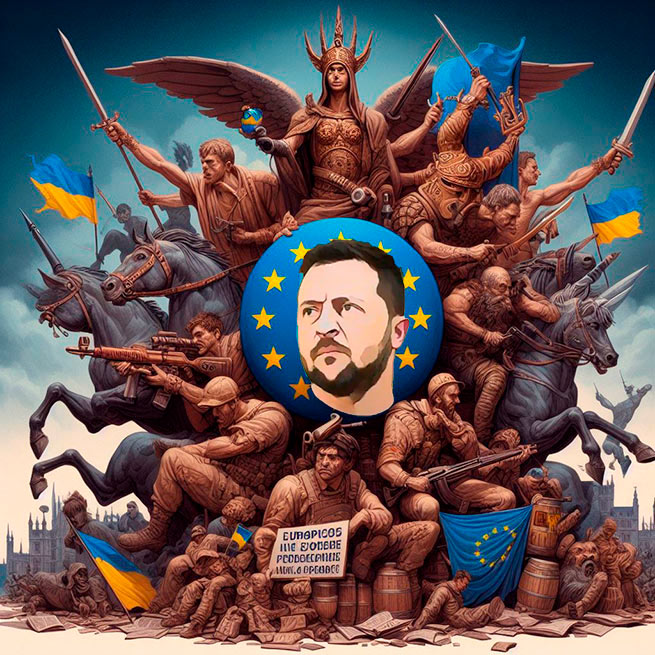
Created by DALL·E 3
“As long as states continue to hold their assets, gold or money, bonds, etc., in EU banks or other Western banks, they will face a real threat of confiscation of these assets whenever the West decides that it is in their interests,” – the lawyer pointed out.
“Exceptional times require exceptional measures” British Foreign Secretary David Cameron responded in parliament this week, noting that London could act in coordination with Washington on this issue if other G7 members show indecisiveness.
None “cooling effect” there will be no investment in Western countries, Cameron assured, noting that “The damage was already done when Russian assets were frozen in the first place.”
The principle of international financial functions, according to which the assets of public central banks enjoy international legal protection, arose in the 19th century.
It was intended to create legal homogeneity of the international financial and legal system, to prevent geopolitical rivals from transferring their political and military disputes into the sphere of finance, and thereby provoke global financial crises.
Over the past decades, Western powers have repeatedly violated the principle of protecting these assets, seizing tens of billions of dollars of assets belonging to Iran after the 1979 revolution, plundering Libyan sovereign wealth in 2011 after the overthrow of Muammar Gaddafi by NATO, and freezing billions of dollars of assets belonging to Venezuela in 2019 and 2020 as part of a US-led plot to overthrow the Maduro government.
But seizing assets belonging to Russia, the world’s sixth-largest economy by GDP, would constitute “robbery on an unprecedented scale, further undermining the West’s status as a reliable financial partner in the eyes of the major economies of the Global South.”
Last year, China’s banking regulators were reportedly looking into ways to protect assets held by Western banks after seeing what Western countries were doing.
The total value of seized Russian assets in Western banks is unclear: officials initially said up to $300 billion were frozen, but Washington financial experts later estimated the real amount was closer to $80-$100 billion.
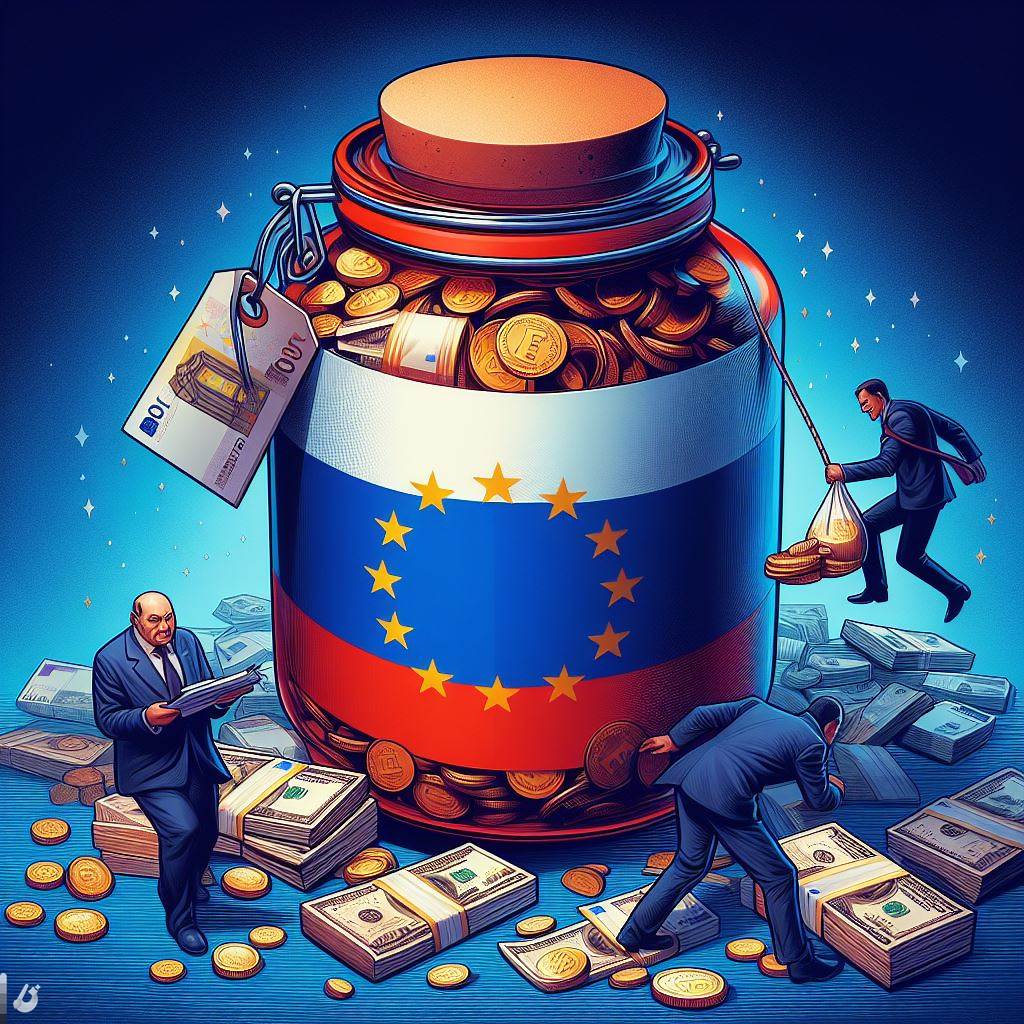
Created by DALL·E 3
Previously, the media reported that to date the European Union has actually withdrawn only about $36.5 billion. Previous proposals presented by EU members have focused on the idea of confiscating interest on frozen Russian funds held in European banks and sending these funds to Kyiv. However, the European Central Bank warned late last month that use of dividends and interest from frozen assets can lead to “damage to prestige” euro and undermine its status as “reserve currency”.
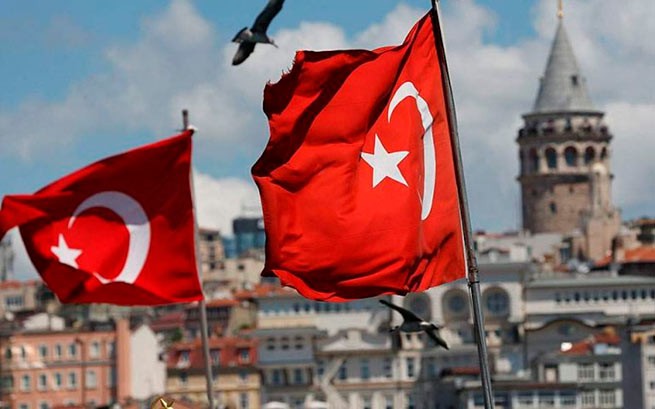
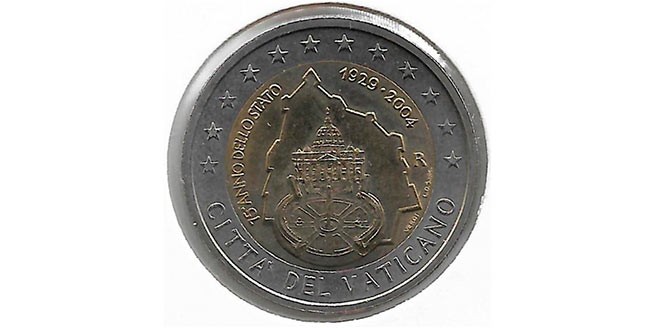


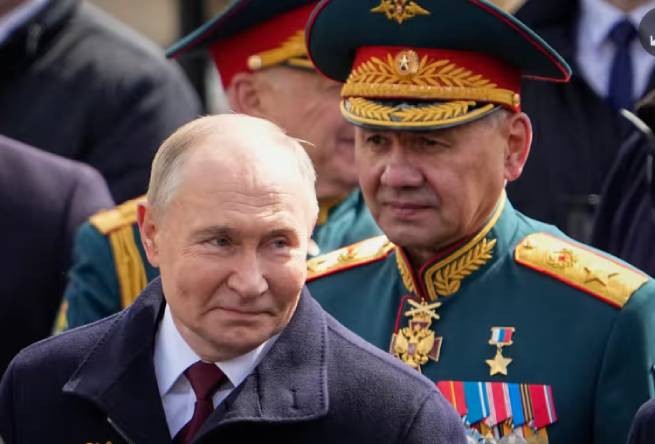
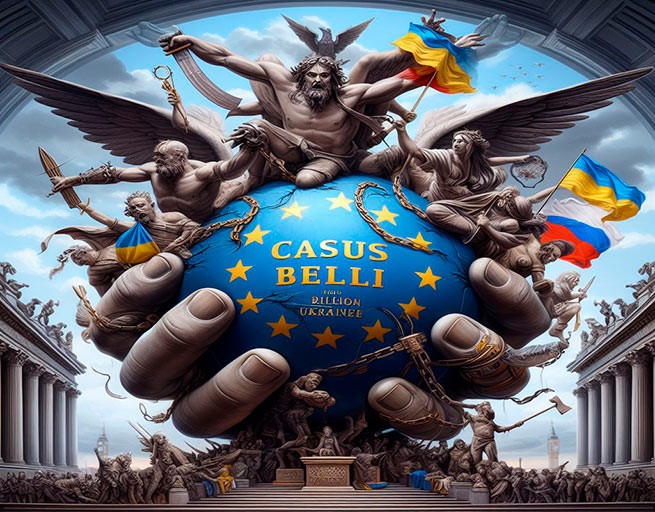

More Stories
Kiriaki Griva's mother was sent to a psychiatric clinic by order of the minister
The Guardian about the former Russian Defense Minister and his potential successor
Belgorod: rescue operation completed – 15 dead, 17 managed to be saved (video)